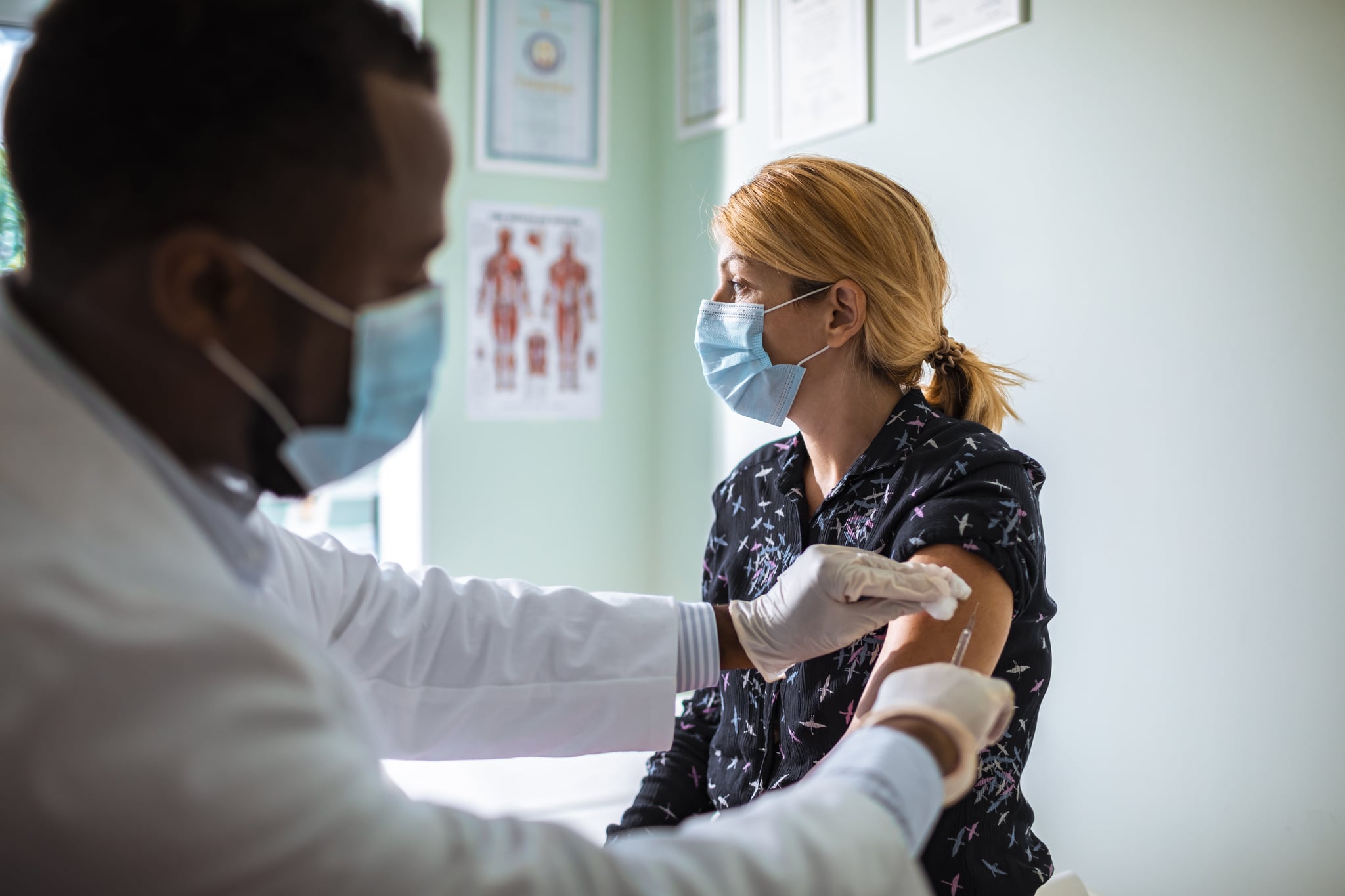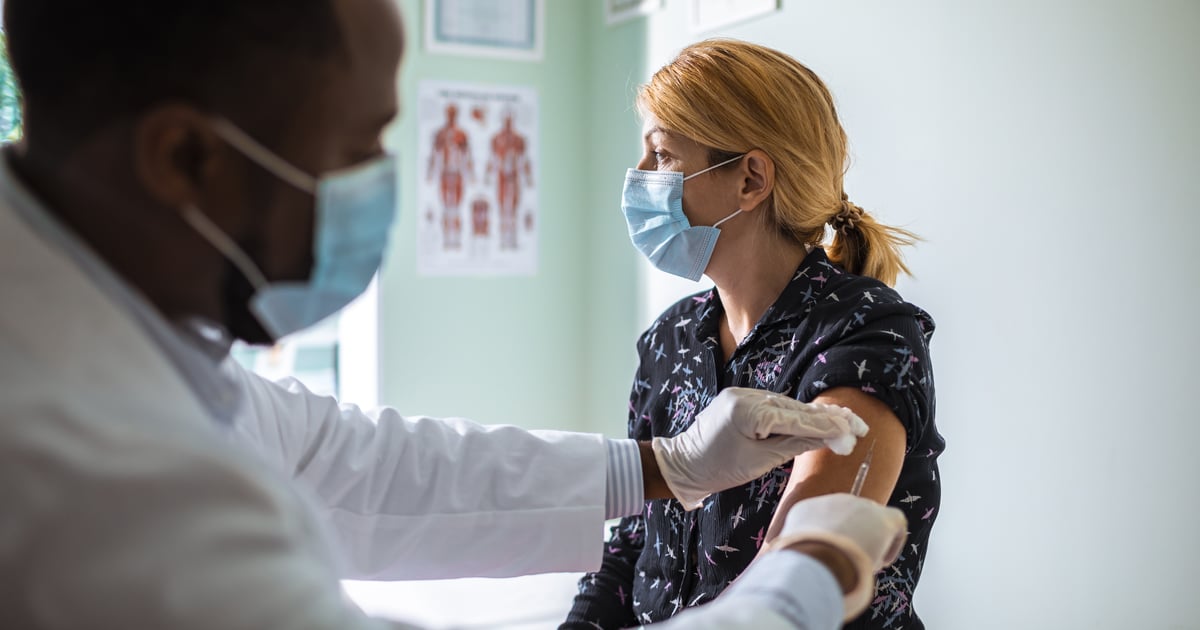
Getting the flu shot has become an annual tradition for many of us, providing yearly protection from a virus that has killed an estimated 12,000 to 61,000 Americans every year since 2010, according to the CDC. Yearly shots are the norm for the flu, but for other dangerous diseases, such as measles, just one or two shots can provide lifelong protection. The big question in 2021: where does the COVID-19 vaccine fall? Will one or two doses (Pfizer and Moderna require two shots a few weeks apart) be enough to last for a lifetime, or at least several years? Or will COVID-19 become the “new flu shot,” requiring a dose every year?
Will I Need a COVID-19 Vaccine Every Year?
Pfizer CEO Albert Bourla said in April that we will “likely” need a vaccine booster shot within six to 12 months, “and then from there, there will be an annual revaccination, but all of that needs to be confirmed.” He noted that it depends on how quickly and effectively the virus can mutate, which experts agree is one of the key factors in determining whether we’ll need an annual shot. The other? How long immunity lasts.
How Long Does COVID-19 Immunity Last After Vaccination?
Right now, vaccines appear to trigger an immune response that lasts longer than natural infection, according to Andrew Pavia, MD, an infectious disease specialist at University of Utah Health, in an interview with Rochester First. That means vaccine-conferred immunity “may last longer than a year,” he said, “but it’s unlikely to be permanent the way two doses of measles vaccine is.” Dr. Pavia said it’s likely that “at some point” we’ll need to receive another COVID-19 vaccine; we don’t know exactly when or how often. There’s just not enough data yet to know exactly how long immunity lasts.
However, scientists are already working to answer that question. According to The New York Times, researchers will likely track vaccinated people to see who comes down with COVID-19 even after receiving a vaccination. Both the Pfizer and Moderna vaccines are over 94 percent effective at preventing COVID-19 and Johnson & Johnson is 66 percent effective, meaning that some “breakthrough cases” are possible no matter which vaccine you receive. If vaccinated people start getting sick, that’s a sign that protection is getting weaker, which tells scientists about how long the vaccine remains effective. Scientists will also monitor levels of antibodies and T-cells in the blood of vaccinated people to see if and when another shot is required.
Are COVID-19 Vaccines Effective Against New Variations?
Potential mutations are also a factor in whether we’ll need follow-up vaccinations, and we know that SARS-CoV-2 (the virus that causes COVID-19) has already started to mutate. While the current vaccines appear to be effective against strains from the UK and South Africa, Dr. Pavia said the virus will likely continue to mutate, potentially making it more resistant to the vaccines we have. According to the CDC, current data says that the Pfizer, Moderna, and Johnson & Johnson vaccines “offer protection against most variants. However, some variants might cause illness in some people after they are fully vaccinated.”
As the virus continues to mutate, “we’re going to have to tweak the vaccine just like we do with the flu vaccine,” Dr. Pavia said.
Though the US has been distributing the COVID-19 vaccines since December, this is a reminder that we still have a lot to learn about their long-term effectiveness. As research continues to come in, it seems likely that we’ll need to get vaccinated again at some point — we’re just waiting to find out when. In the meantime, and as Americans continue to get vaccinated, it’s important to continue doing what we can to protect ourselves and others: washing your hands frequently and for at least 20 seconds, staying away from crowds and indoor events, and wearing a face mask in public if you’re not fully vaccinated.
POPSUGAR aims to give you the most accurate and up-to-date information about the coronavirus, but details and recommendations about this pandemic may have changed since publication. For the latest information on COVID-19, please check out resources from the WHO, the CDC, and local public health departments.
